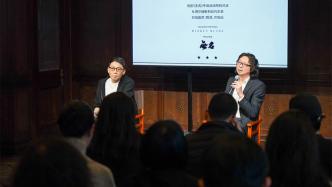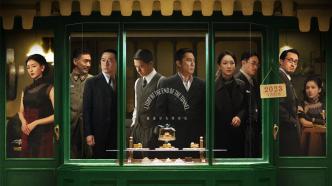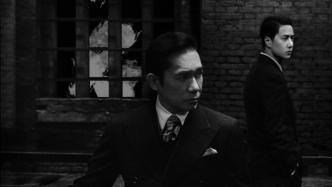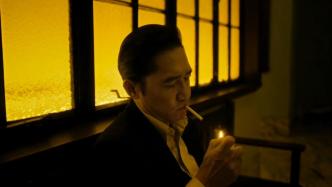
After watching a scene of "No Name", when the title suddenly appeared on the big screen, an old couple on my left muttered: This is something I'm filming, I don't understand it. And the young man on the right said it even more mercilessly: Isn't such a simple plot just a trick? After the movie ended, I took a closer look. There are quite a few spectators sitting on the seats looking at each other with dumbfounded faces. Everyone walked towards the exit while communicating with each other: What did this say?
I don't know if Cheng Er expected such a situation. Or, the director doesn't care too much. Audiences who are familiar with Cheng Er should be aware that the tonality and style of his works have always been the same from "Front and Cloud" to "The History of Romantic Disappearance". In fact, after the release of "Romantic Demise", there was a voice that "editing in order will make the box office much better". But Cheng Er made it clear: the jump in structure is his "instinct".
So, why is the director so obsessed with this kind of narrative form that is difficult for the public to digest? In Cheng Er's view, a sufficiently sensitive audience can get more pleasant feelings from the jumping structure than the sequential narrative. In other words, Cheng Er is choosing the audience, and the audience will also choose Cheng Er. This is the charm of "genre authors", but it goes without saying that the audience of such works will inevitably be narrowed. This can't help but make people sweat about the box office results of "No Name".
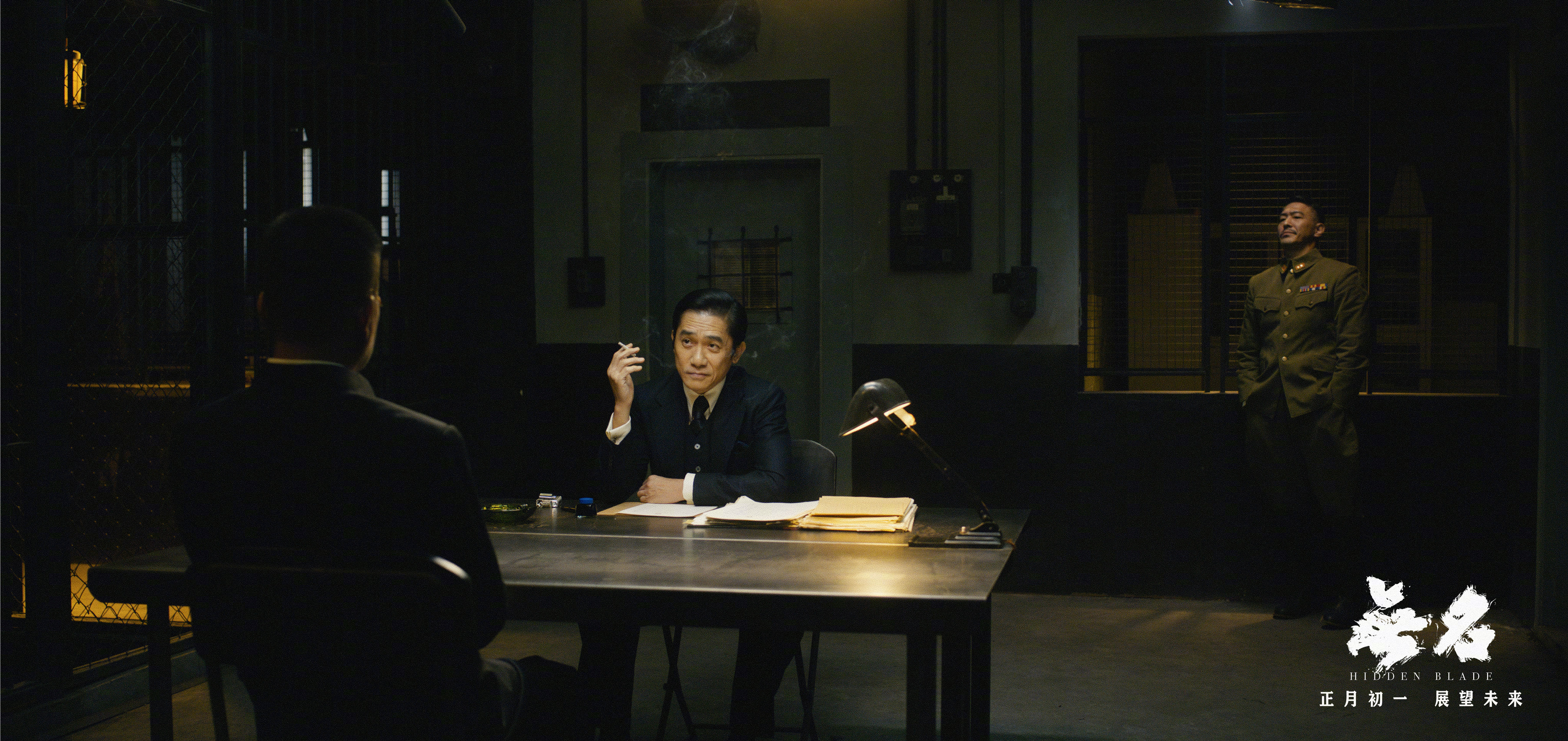
Stills of "No Name"
However, "No Name" is just "pretending", is it just showing off its skills to the audience? The answer is of course no. As far as the audience is concerned, the fragmented narrative must be comparing and jumping. Once they enter such a situation, they will start thinking according to the director's intention. For example, when Cheng Er's films reuse a certain scene, they must be emphasizing it. Watanabe feeding the cat in "Romantic Disappearance History" seems to be a warm scene, but some viewers can realize that there is a problem when they see a close-up of an overhead shot with two bowls of rice, and Watanabe takes one away.
Similarly, the scene of Wang Yibo gazing at Zhang Jingyi in the ballroom in "No Name" appears repeatedly before and after. When the follow-up plot fills in the narrative gap, the audience can understand that Wang Yibo's powerlessness and sadness are not because he and his lover are in different camps, but Because he cannot reveal his identity. But when we look back at this scene, we are even more shocked and moved by the inner suffering of the characters. This is where skipped structure transcends sequential narrative.
For another example, Cheng Er used the overhead camera several times in "The History of Romantic Demise". The film sympathizes with life and reflects on the theme of war. In "No Name", we can also see the ruins of Guangzhou being bombed by the Japanese invaders and the innocent Chinese people who were killed looking up at the invaders, which are very symbolic and artistic.

Stills of "No Name"
Different from the objective and calm documentary style pursued by many directors of the sixth generation, Cheng Er's lens language obviously has a subjective emotional tendency and a stylized emotional color, and all of this depends on the audience's calmness to be seen in the theater. Taste carefully, and it may even take two or three times to read the text carefully before you can get new gains. It's just that, for the New Year's Eve, whether the audience has the patience and interest is obviously a question mark.
Having said that, let me add another digression. The announcement of the movie is really a double-edged sword. After "No Name" was released, Cheng Er repeatedly emphasized on social media that there should be no "spoilers" and that it would be good for viewers who have already watched the film to be "secretly refreshed". This is clearly implying that there must be a reversal in the key plot of the film. This makes the identity of the key character an "open secret", and the audience loses a lot of fun in watching the film. So much so that after the mystery of "Anonymous" was revealed, many viewers around me made a disdainful "cut" sound: I knew it a long time ago.
This may also be the epitome of this time "No Name" is not sophisticated enough. The pictures, tone, editing, and sound processing of "Romantic Demise" are all interesting and meaningful, and many people are caught by its cinematic feel. However, the important action scene between Tony Leung and Wang Yibo in "No Name" made the audience in the theater feel inexplicable. Although everyone knew that this was "acting", but the rendering was so intense that it formed a strong contrast with the identities of the two, and even made the audience feel inexplicable. People want to laugh a little. The mannerisms of several main characters are very strong, but the contrived meaning is also obvious, which is much paler than the natural performance of the gangster characters in "Romantic Demise".

Stills of "No Name"
Maybe the audience's opinions are not completely unreasonable-if you leave aside the director's very personal narrative style, the plot of "No Name" itself is very thin, far inferior to the director's previous work. However, we still need more "Cheng Er" to stand up and answer the many questions between the construction of the film industry and the development of art, the expression of individuality and the standardized standard work. Without an auteur-type director with an exploratory spirit and a sense of experimentation, the Chinese film market will only become boring and stereotyped.
